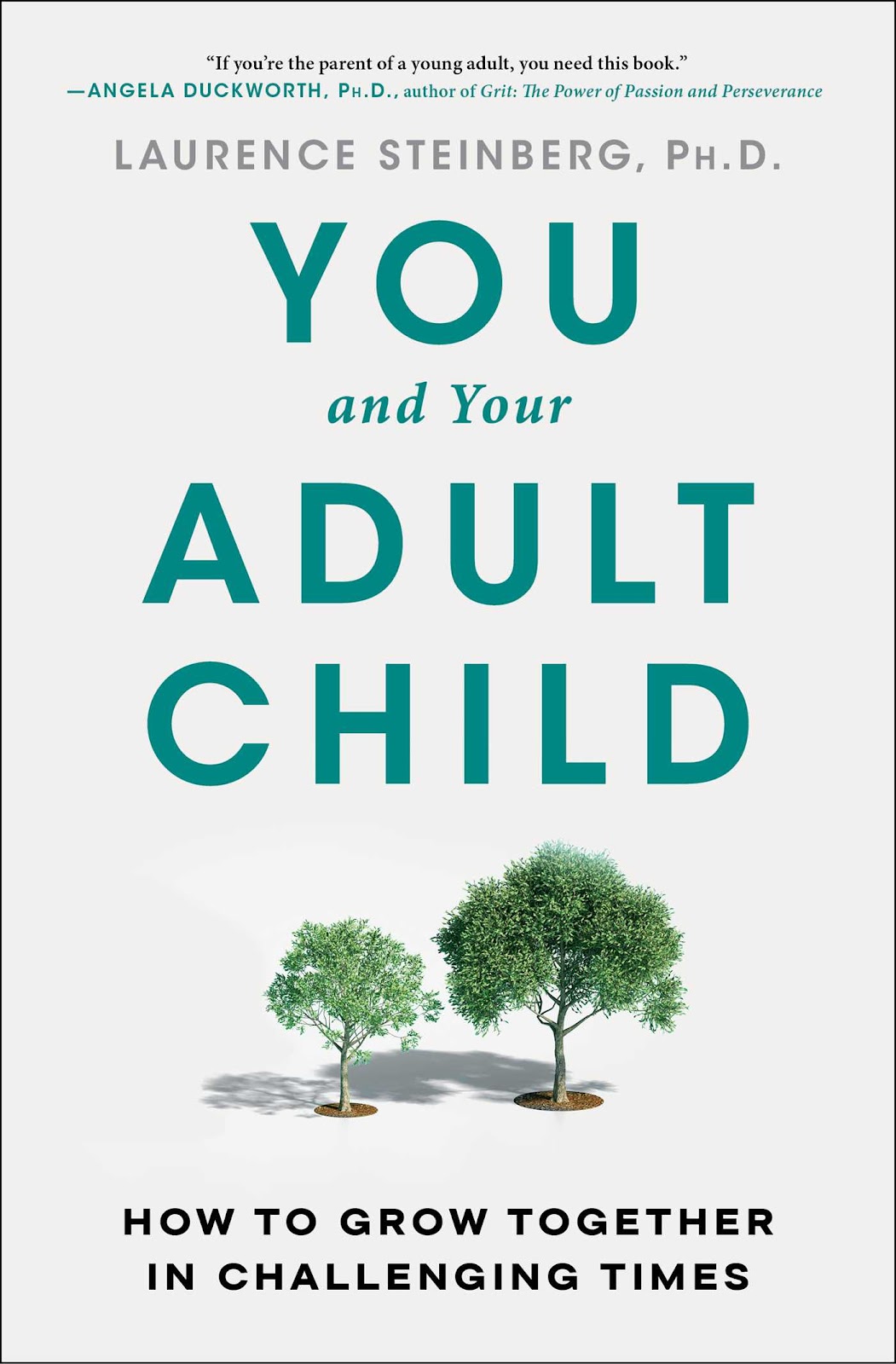A Seasoned Marriage: Living the Gospel in the Middle Years and Beyond, Larry E. McCall (New Growth Press, 2025)
I really like the title of this book. McCall has managed to incorporate two key ideas about long-term marriage:
- It seasons us. A long-term marriage is a major shaper of our character and actions.
- It has passed through the seasons, not only of marriage, but of life. Pain and joy, heartache and rejoicing, birth and death, closeness and distance.
McCall underpins every chapter with a solid gospel foundation. He points the reader to God’s character, to what Christ has done, and encourages us to mould every aspect of our maturing years to it. While this is somewhat simplistic, the application of almost every chapter is: pray, review God’s teaching on the topic, discuss it, and make wise decisions together. See the opportunities God has given you and continue to serve him faithfully as you are able.
Considering the amount of material covered, it’s relatively short (160 pages). McCall writes clearly and succinctly, enabling him to address many topics in a digestible way. These include:
- Building strong relationships with adult children, and being intentional grandparents (McCall has already written a great book about grandparenting)
- Considering the purpose of retirement? “What are you working toward? What are you retiring to?”
- The challenges of caring for aging parents
- Facing the reality of aging bodies with grace and acceptance, in ourselves and each other
- Opportunities for developing purposeful friendships - with peers, those older and younger, and unbelievers
- Being faithful stewards with our money, and moving from anxiety to contentment with our finances.
- Preparing well for the end of life.
The practical details of later years aside, the early chapters provide a solid foundation for the years ahead:
2. Be ready for change - in ourselves, in our spouses, and in our relationship. Yet,
I also appreciated the encouragement to use the moments of life transitions well:
This is a helpful encouragement and guide for those in their “second half of life” about how to have a God-honouring, other-person-focused marriage.
“Let us anchor our souls in this glorious, reassuring truth: “Jesus Christ is the same yesterday and today and forever” (Hebrews 13:8). We are safe in his hands.”
“I may not know what the future holds, but I know who holds the future.”3. Resist marital monotony. Continue to prioritise one another, confessing and forgiving one another, listening, honouring and delighting in one another.
I also appreciated the encouragement to use the moments of life transitions well:
“Major transitions in life — such as entering the empty nest years — provide wonderful opportunities to slow down and evaluate who you are and where God might be taking you in the years ahead. Take time to prayerfully process these relationships.”McCall highlights your relationship with God, with your spouse, with your adult children. I would also include relationships with living parents and siblings.
This is a helpful encouragement and guide for those in their “second half of life” about how to have a God-honouring, other-person-focused marriage.
I received an ecopy of this book in exchange for an honest review.

